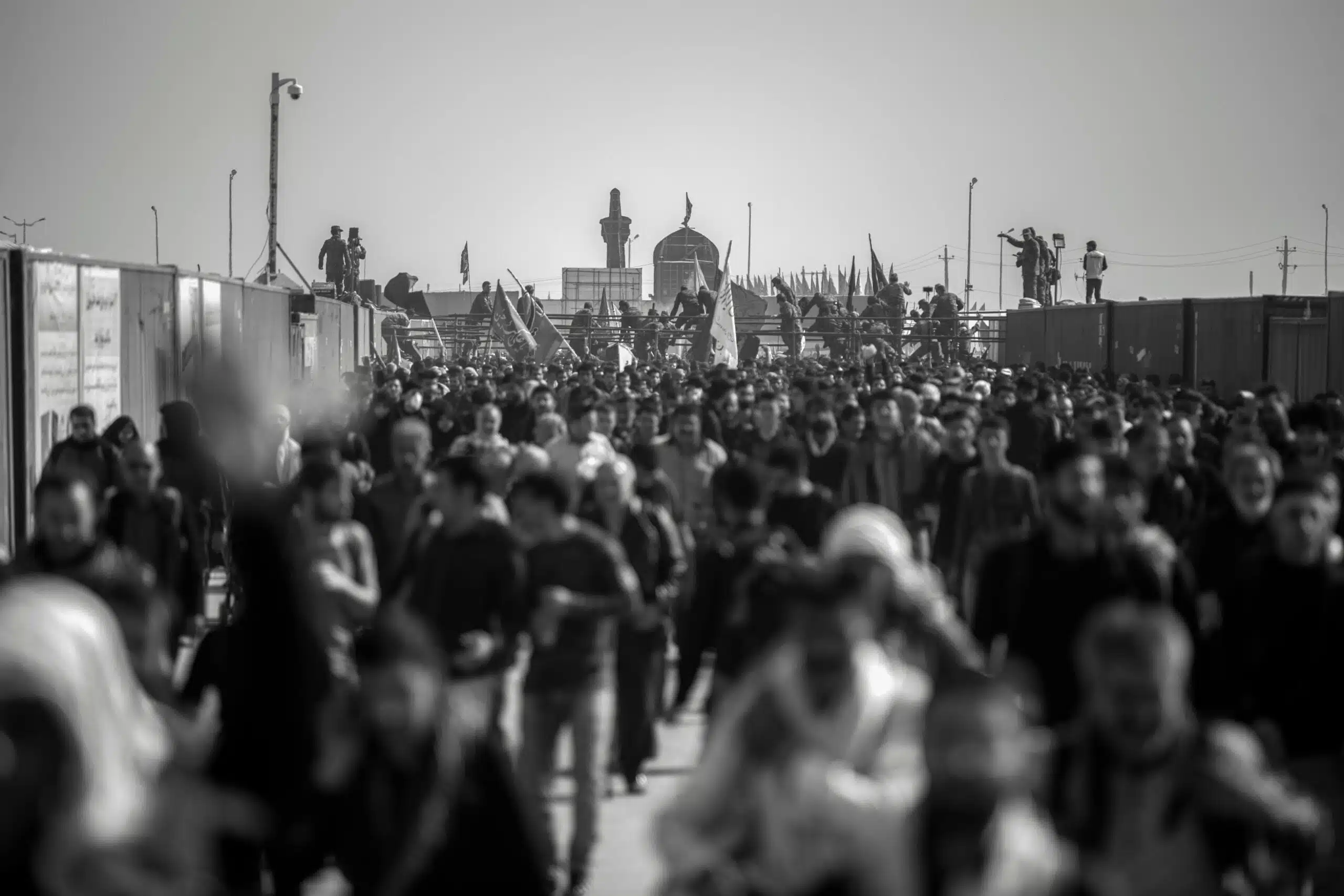Uncover how law impacts Indonesian society. Learn how legal regulations and cultural norms affect communities in this comprehensive guide.
In Indonesia, the legal system is strongly intertwined with social order and norms. From family to business regulations, laws often shape the way communities live and interact with one another. This guide explores how law impacts social order in Indonesia and how cultural traditions also affect its social structure.
Overview of the Legal System in Indonesia
The legal system in Indonesia is based on civil law, with a substantial Islamic law component. It incorporates aspects of traditional and modern laws from both national and international sources. The Constitution is the highest source of law, with statutes from the government playing an important role in regulating social order. Additionally, Islamic and local customary laws affect many aspects of life in Indonesia, including marriage rights and business regulations.
Many of the laws in Indonesia are designed to ensure that business activities, including those conducted by foreign companies, are ethically and morally sound. The Ministry of Law and Human Rights is responsible for issuing regulations related to the legal system, including codes covering administrative law, environmental protection, family law and international trade. One example of a legal code from this Ministry is the Regulated Environment Business Practices Act which aims to regulate employment contracts and corporate governance within businesses. Additionally, new policies have been introduced by the government in recent years in order to promote better human rights practices and address gender-based violence. Together, these examples demonstrate how Indonesia’s legal system works to uphold social order.
The legal system in Indonesian society is based on the Dutch civil code and applies different sets of laws for issues such as criminal litigation and commercial law. For instance, Indonesian criminal law requires prosecutors to prove a defendant’s guilt beyond a reasonable doubt, whereas civil law proceedings are based on the preponderance of evidence. The Indonesian legal system also follows Islamic Law (known as Syariat) which is applied in family-related matters such as marriage, divorce, and inheritance. Furthermore, numerous non-governmental organizations including Transparency International have aided in shaping legislation and providing access to justice assistance. Thus, there is an intricate relationship between the legal system and social order of Indonesia.
While the legal system in Indonesian society has made efforts to promote and enforce democratic values, many challenges remain in terms of equal access to justice. For instance, defendants without legal representation or who lack adequate financial resources are often unable to adequately present their side of the case.
Additionally, bribery and corruption remain widespread in both public and private sectors. In response, the Indonesian government has implemented reforms, such as introducing special anticorruption courts and independent agencies such as the Corruption Eradication Commission (KPK) tasked with improving transparency and accountability. As a result of these measures, trust in the legal system is beginning to improve; however, there is still significant room for improvement in terms of access to justice, especially when it comes to protecting vulnerable individuals’ rights.
Law Impacts and Indonesian Society
Law and social order are inextricably linked in Indonesian society. Laws and regulations set out how society should behave, not just on a personal or local level, but also on both a national and international level. Meanwhile, traditional laws and norms provide guidelines for citizens, helping to establish expectations of behavioral and moral standards. As such, understanding the intricate relationship between law and social order is essential for gaining insight into Indonesia’s complex legal system.
In Indonesian society, laws and regulations as stipulated in its Constitution are inextricably linked to social order. The legal system includes both civil law and a version of sharia law that is applied to Muslims only. It also includes rules such as the criminal code, rules regarding public health, labor rights, and environmental protection. These set out how citizens should behave within Indonesian society, but they also go even further, setting out expectations of behavior on both a national and international level.
Alongside these laws are traditional norms which are to some extent still influential in dictating what is appropriate behavior between people in various contexts. This fusion of law and social order helps to maintain order by providing clear boundaries regarding acceptable behavior in Indonesia.
When looking at the relationship between law and social order in Indonesian society, it is important to note that law enforcement can be described as both ‘hard’ and ‘soft’. Hard law enforcement refers to the imposition of tangible sanctions for breaching state laws, including fines or prison sentences. Soft law enforcement refers to the implementation of customary norms within society which act as a societal control mechanism.
This combination of hard and soft control helps maintain social order by providing external pressure from government as well as internal pressure from expectations of behavior within communities. The harmony established by this blended approach allows society to function with stability, whilst also providing overall flexibility. It is this balance between laws, customs and traditions that help sustain social cohesion between Indonesian society.
Law Impacts related to Cultural Norms and Customs
It is important to understand that the laws and regulations in Indonesia are not the only aspect of social order determining how people behave. Cultural norms and expectations imposed by custom and tradition also play an essential role. Indonesian society tend to be highly respectful of their elders, as well as of powerful figures like village leaders and religious figures. This reinforcement of traditional hierarchy and rules can have profound effects on behavior, making understanding the interaction between laws, cultural norms and customs crucial for a comprehensive grasp of Indonesian social order.
Embedded into Indonesian society is the idea of respecting authority, and this respect for authority carries over to observing laws. It has been noted that Indonesians’ respect for elders in particular shapes their behavior towards observing the law — they are more likely to comply with it when they view the law as having been enacted by a respected elder rather than imposed upon them. This suggests that the relationship between law and social order in Indonesia is complex, consisting not only of official regulations but also additional cultural customs influencing people’s perceptions of justice and expectations of legal compliance.
Law Impacts related to Traditional Dispute Resolution Mechanisms
In Indonesia, traditional dispute resolution mechanisms exist side-by-side with the official legal system. People often rely on these informal mechanisms to settle disputes rather than turning to the court system. These traditional methods are highly effective at resolving conflicts and adding an additional layer of social order to Indonesian culture. Various types of mediation and arbitration techniques, such as musyawarah (deliberation) and mitos adat (customary law) are used to reach a compromise between conflicting parties, depending on the type of dispute.
While musyawarah is particularly well-suited for minor disputes between members of the same family or tribe, mitos adat may be employed to resolve more serious cases between parties from different communities. The traditional dispute resolution process also safeguards human rights and provides a space for parties to express their grievances in an informal environment. It emphasizes security within society and ensures the conservation of cultural values which form the basis of social order and harmony in Indonesia.
To ensure a peaceful society, Indonesia seeks to maintain the spirit of gotong-royong, or collective cooperation and dependence. Gotong-royong is based off the principles of mutual understanding, support and care in order to create an atmosphere of harmony that is beneficial for everyone involved. This strong sense of social interdependence ensures that even though disputes may arise between members of different groups, they can still resolve it without resorting to legal action through traditional dispute resolution mechanisms.
Socioeconomic Impacts of Regulations in Daily Life
In Indonesia, the application of legal regulations and cultural norms influences the daily lives of its citizens. This includes the level of income inequality, displacement of communities, and access to justice. The informal dispute resolution mechanisms are often quicker and more accessible than the official court system, but can be proven to be discriminatory rather than protective in certain cases. Investigating legal systems is essential for understanding their influence on everyday life in Indonesia.
For example, legal regulations related to land and property rights may perpetuate existing socioeconomic hierarchies. This includes inheritance laws that allow for unequal distribution of resources among family members, as well as laws granting state-owned entities the right to seize land with limited compensation. In addition, courts have been known to often side with traditional communities in disputes involving extractive industries such as the oil and gas sector. These legal regulations have direct implications on social order and fairness in Indonesia. Research into this topic is critical for understanding the impacts of law on economic development and disparities between rich and poor citizens.
One way to investigate this relationship is to look at case studies of legal proceedings and their associated social impacts. For example, research into the aftermath of legal proceedings between Indonesian farmers and large-scale agribusinesses can reveal how these interactions shape social order in Indonesia. Specifically, potential topics for further research include analyzing court rulings on issues related to land ownership, labor rights, environmental law, and contracts. Consequently, subsequent analysis can shed light on the consequences of given legal regulations for everyday life in Indonesia. Further understanding the relationship between laws and social order can guide equitable policymaking on the local level.







